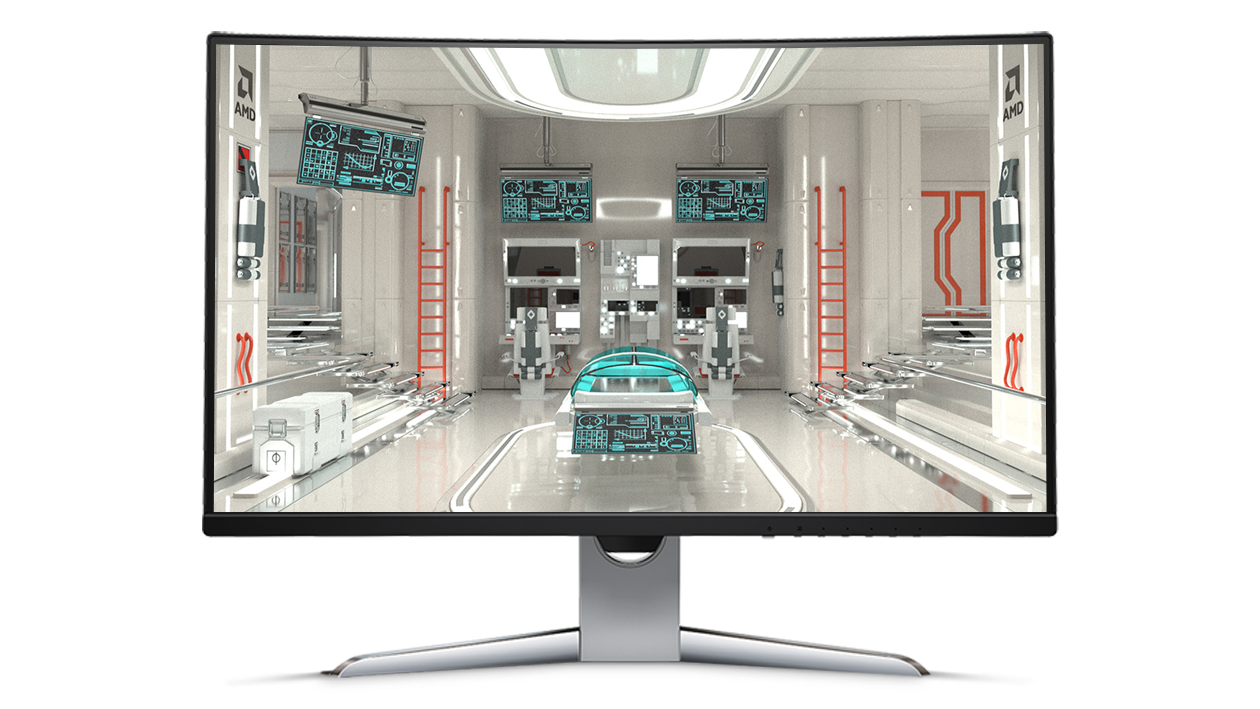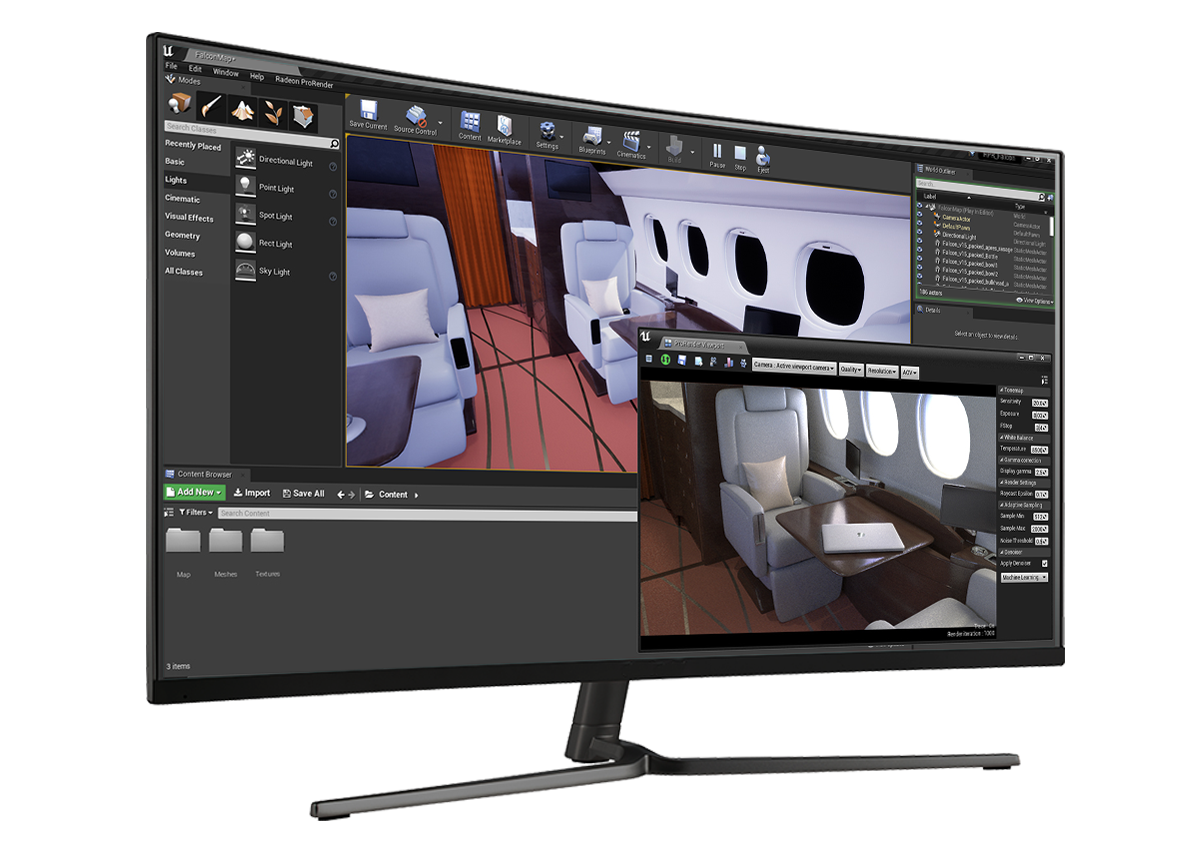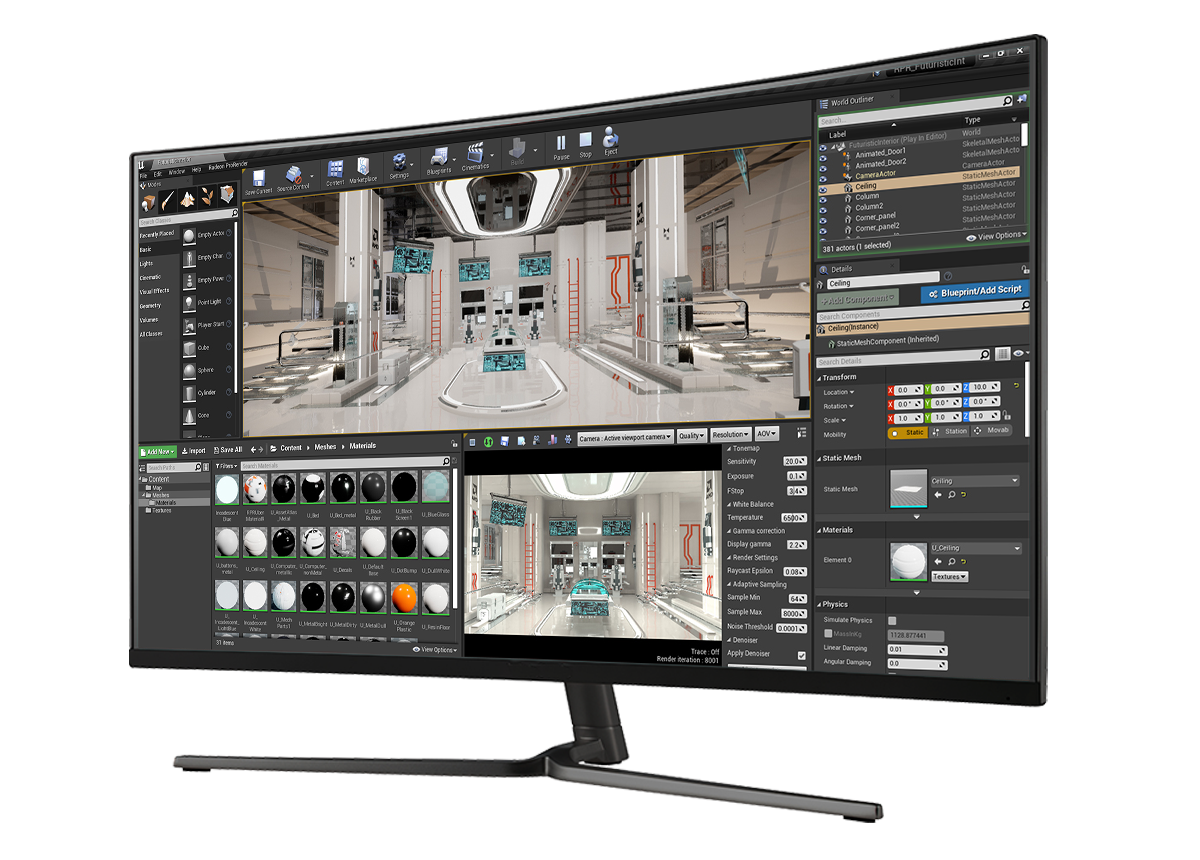
Powerful Physically-based Rendering Engine
AMD Radeon™ ProRender is a powerful physically based rendering engine that lets creative professionals use open industry standards to leverage GPU and CPU performance to produce stunningly photorealistic images.
Fast, easy, and incredible, Radeon™ ProRender is available as a plug-in for Unreal® Engine and can be used to render anything – product designs, architectural visualizations, game assets – using high-quality path-traced rendering.
Our plug-in fully integrates Radeon™ ProRender into Unreal® Engine for Microsoft Windows®, meaning you can use Radeon™ ProRender with Unreal® Engine’s existing lights, materials, and textures.

Physically Based
Features an extensive native physically-based material and camera system to enable true design decisions with global illumination.

Hardware Agnostic
Radeon™ ProRender is hardware agnostic. If your computer can run OpenCL™ 1.2, it can run Radeon™ ProRender on your CPU or GPU.

Fully Integrated
Whatever your chosen workflow, Radeon™ ProRender is fully integrated into Unreal® Engine for Microsoft Windows®.


Full Spectrum Rendering
Vulkan® API-based Full Spectrum Rendering technology supports every stage of the rendering pipeline from rasterized to path-traced reality.

AI-Accelerated Denoising
Radeon™ ProRender harnesses the power of machine learning to produce high-quality final and interactive renders in a fraction of the time traditional denoising takes.

Adaptive Sampling
Radeon™ ProRender lets you set a threshold for noise in your render, accelerating render times while enabling higher-quality renders.


- Vulkan® API-based Full Spectrum Rendering technology for fast viewport and final renders.
- Control over frame completion and rendering with Adaptive Sampling – set render pass limits and duration as well as the noise level. This allows efficient sampling to spend compute power on noisier sections of a render.
- Denoising support for both final and interactive rendering. Powerful AI-accelerated denoising runs on GPU or CPU.
- Unreal Engine viewport integration means you can work with Radeon™ ProRender in real-time and see your changes as you make them.
- Built on the OpenCL™ standard, Radeon™ ProRender is hardware agnostic, so it runs on virtually any hardware that supports OpenCL™, including virtually any combination of GPUs and CPUs.
- AOVs for post processing including support for world coordinates, UVs, material index, geometric normals, shading normal, reflections, lighting, and more.
- Native tone mapping and gamma controls.
- Physically correct materials and lighting allow you to make true design decisions with global illumination – including caustics.
- Supports native Unreal® Engine PBR materials.
- Material matching very closely to the Unreal® Engine native renderer.
- All material and shader changes updated real-time in the viewport.
- Displacement shaders are supported.
- Support for the Unreal® Engine lighting workflow and translate Unreal® Engine lights when rendering.
- Unreal® Engine Light Shaders create realistic lighting, including area light shapes, spot, directional point, and dome lights.
- Lights are controllable by exposure (exponential), intensity (linear), and color as well as temperature.
- IES lights support lets you use the exact scattering and falloffs of real-world lighting.
- Emissive materials to allow any geometry to emit light.
- Real world unit support (lumen/lux/candela/kelvin).
- Supports HDRI environment mapping and lighting.
- Portal light and backplate image support.
- Ground plane shadows and reflections.
- Support for Unreal® Engine cameras.
- Depth of field (DOF) and motion blur support.
- Supports Unreal® Engine 4.20 and 4.24 on Microsoft Windows®.
- Radeon™ ProRender menu in the viewport to switch view mode for interactive rendering modes.
- glTF (GL Transmission Format) support for easy export of assets to other applications while preserving materials.
- Custom shelf buttons for easy access to Radeon™ ProRender features.
- Export renders to .rpr format

Unreal® Engine 4.20 or 4.24 for Microsoft Windows®
Microsoft Windows® 10 64-bit
Hardware
Runs on both GPUs and CPUs. OpenCL™ 1.2 required for GPUs
AMD graphics cards are recommended
For non-AMD OpenCL™ 1.2 cards, Windows® 10 64-bit is required
Recommended AMD Graphics Hardware:
- AMD Radeon™ Pro W and WX series graphics cards, Radeon™ Pro SSG graphics, Radeon™ Pro Duo (“Polaris”) graphics, Radeon™ Vega Frontier Edition graphics cards, Radeon™ Pro VII graphics, Radeon™ VII graphics, AMD FirePro™ W9100, W8100, W7100, and S series graphics cards
Compatible AMD Graphics Hardware:
- AMD Radeon™ Pro Duo (“Fiji”) graphics, Radeon™ RX series graphics cards, Radeon™ R9 Fury series graphics cards, Radeon™ R9 Nano graphics, Radeon™ R9 300 series graphics cards, Radeon™ R9 290X graphics, Radeon™ R9 290 graphics, Radeon™ R9 285 graphics, Radeon™ R9 280X graphics, Radeon™ R9 280 graphics
Footnotes
DISCLAIMERS AND ATTRIBUTIONS
Title image by created by AMD using AMD Radeon™ ProRender for Unreal® Engine
Microsoft and Windows are registered trademarks of Microsoft Corporation in the US and other jurisdictions. OpenCL is a trademark of Apple Inc. used by permission by Khronos Group Inc. Unreal and its logo are trademarks or registered trademarks of Epic Games, Inc. in the US and elsewhere. Vulkan is a registered trademark of Khronos Group, Inc. Other product names used in this publication are for identification purposes only and may be trademarks of their respective companies.
DISCLAIMERS AND ATTRIBUTIONS
Title image by created by AMD using AMD Radeon™ ProRender for Unreal® Engine
Microsoft and Windows are registered trademarks of Microsoft Corporation in the US and other jurisdictions. OpenCL is a trademark of Apple Inc. used by permission by Khronos Group Inc. Unreal and its logo are trademarks or registered trademarks of Epic Games, Inc. in the US and elsewhere. Vulkan is a registered trademark of Khronos Group, Inc. Other product names used in this publication are for identification purposes only and may be trademarks of their respective companies.




